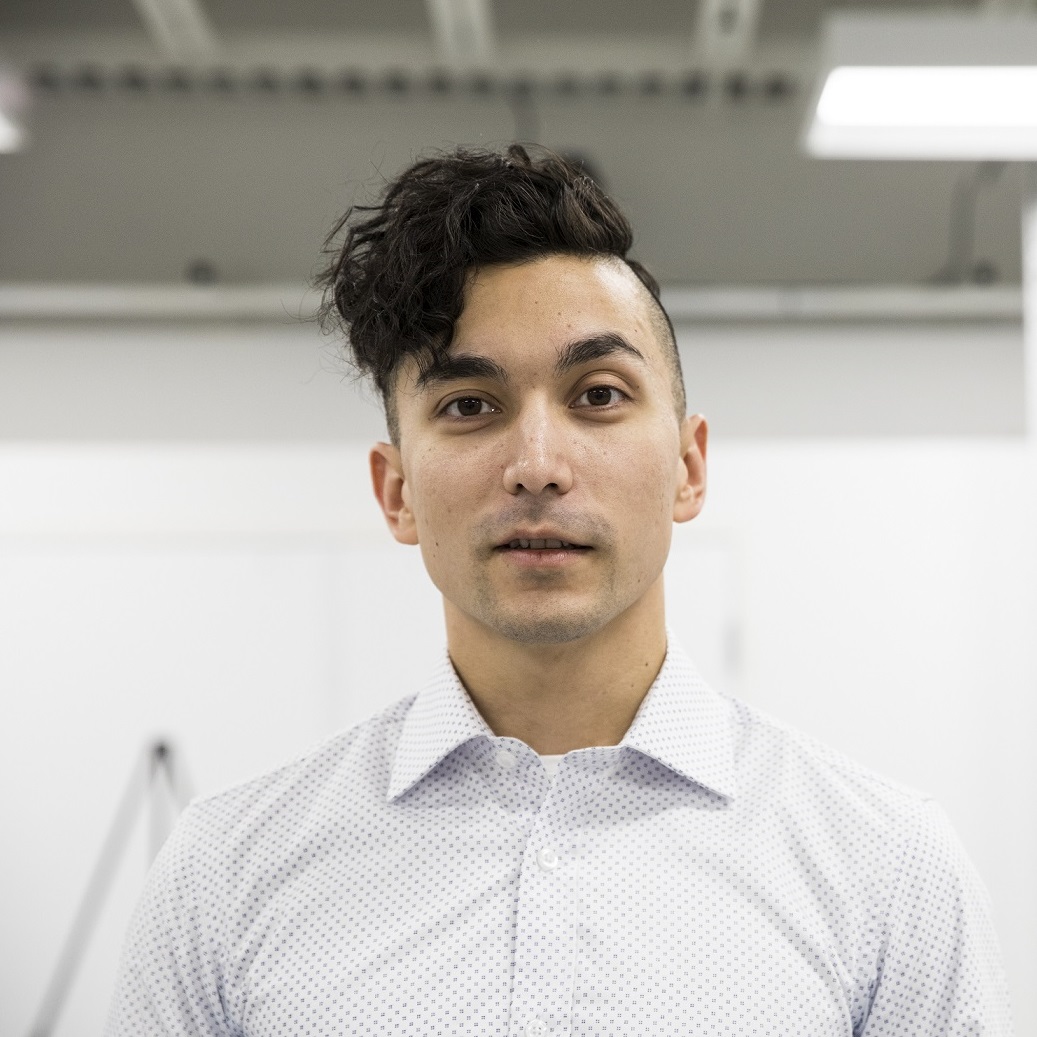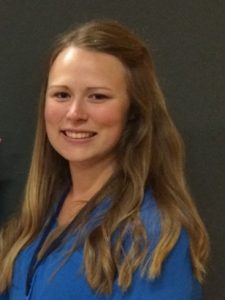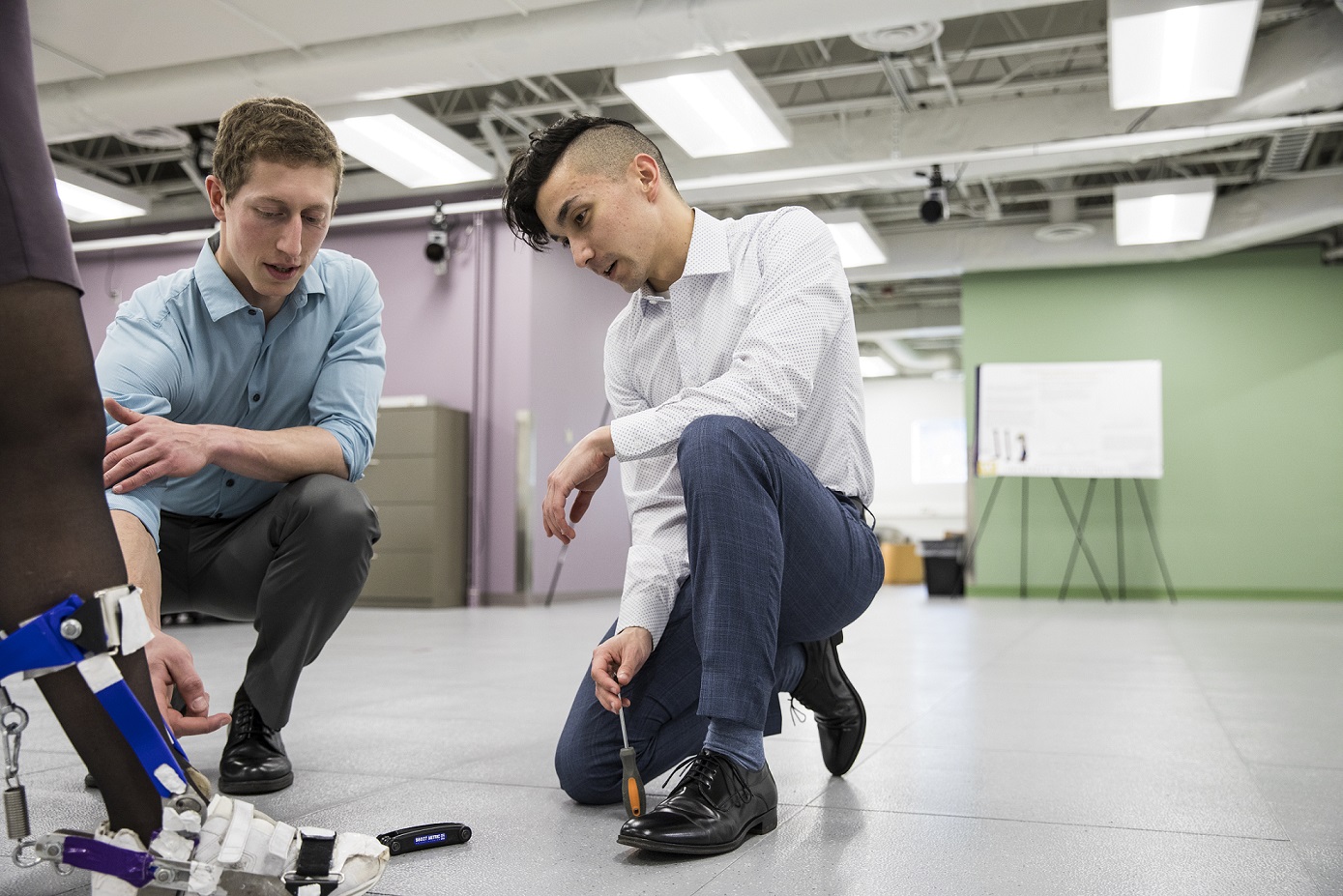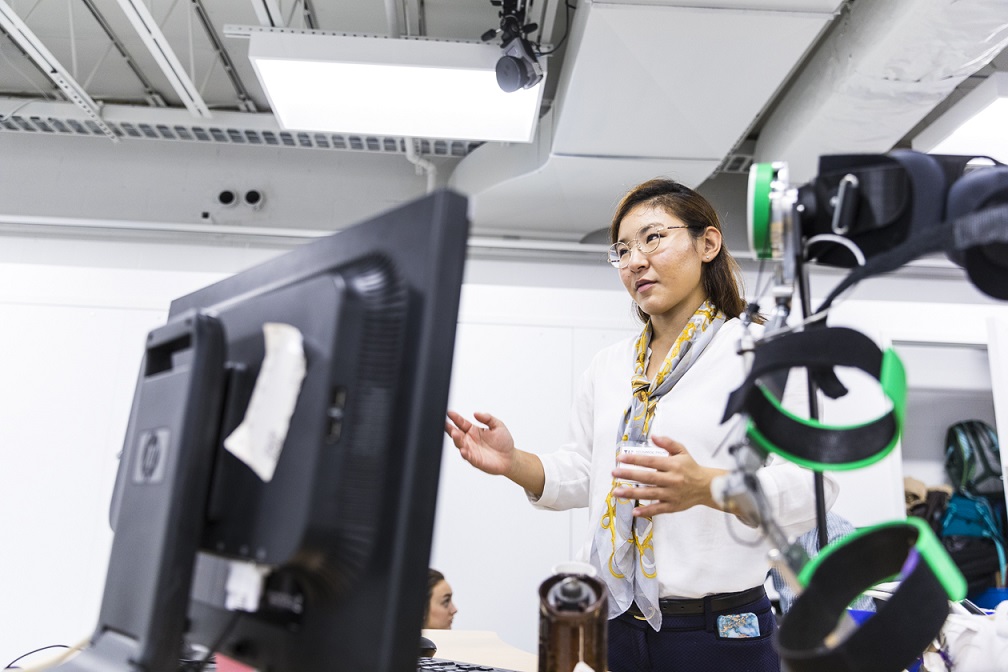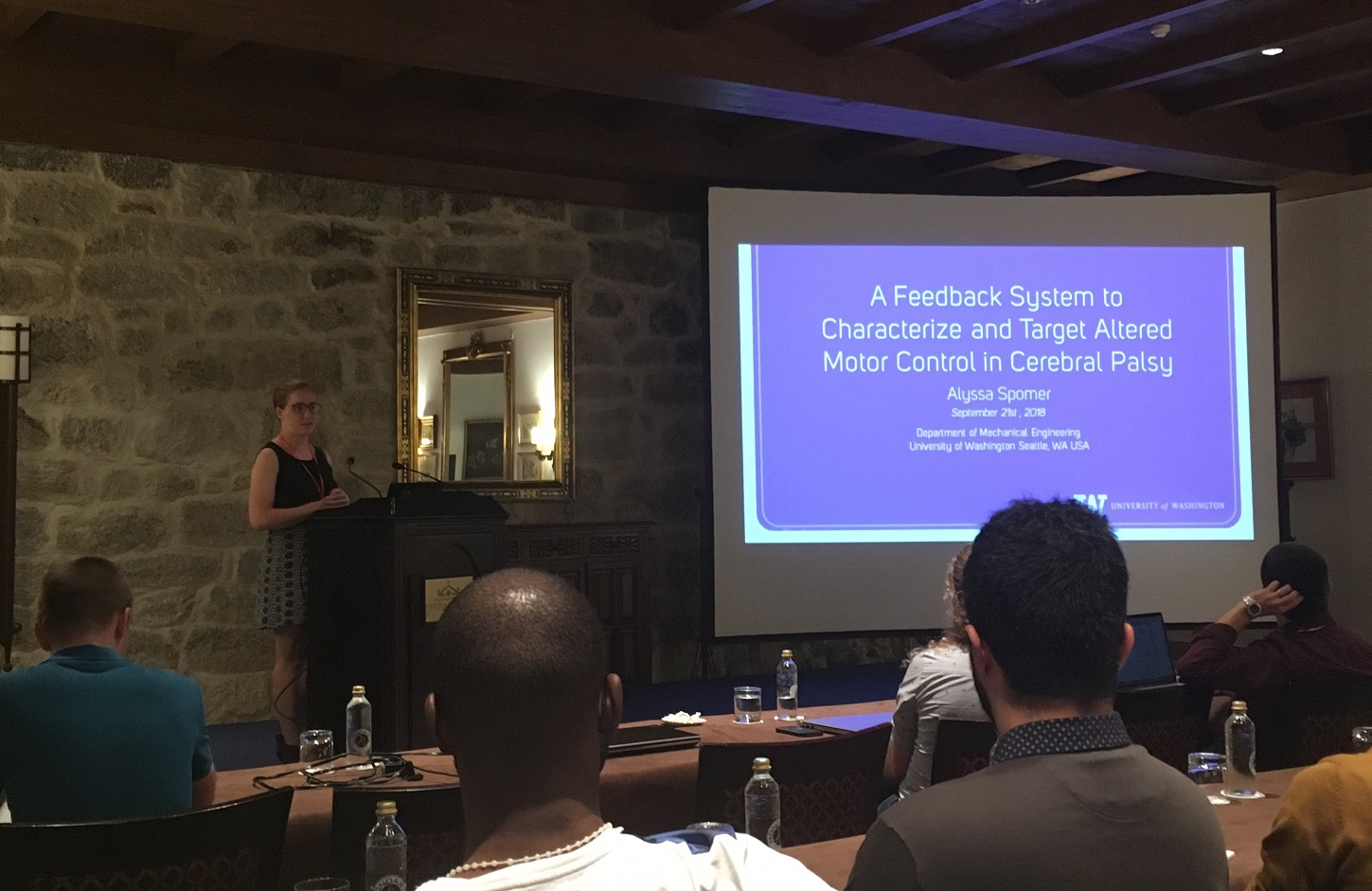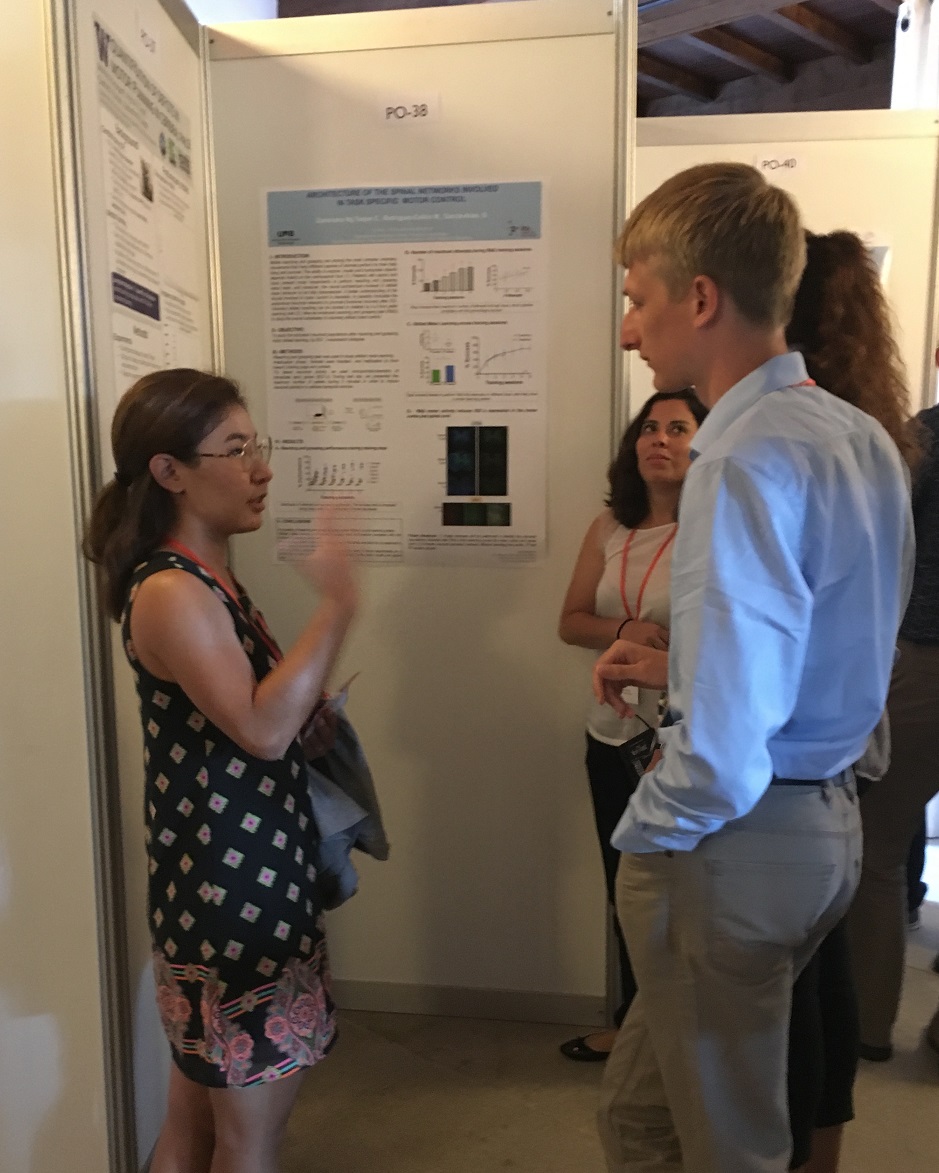Makoto Eyre has been selected as a WRF Innovation Undergraduate Fellow in Neuroengineering for the UW Institute for Neuroengineering. The UWIN fellowship provides funding and is a highly prestigious and selective competition. Congratulations, Makoto!
Makoto’s research seeks to use muscle synergies, a clinically-useful, low-dimensional representation of motor coordination, to quantify and compare the effects of AFOs on motor control strategies employed during SS and nSS gait. Ankle foot orthoses (AFOs) are a common intervention for cerebral palsy and stroke survivors, with most research on the impacts of AFOs on impaired locomotion and motor control focuses on steady state (SS) gait despite a large portion of locomotion being non-steady state (nSS). As nSS locomotion may rely on different neuromuscular control strategies, AFOs optimized for SS may be suboptimal to nSS locomotion.

